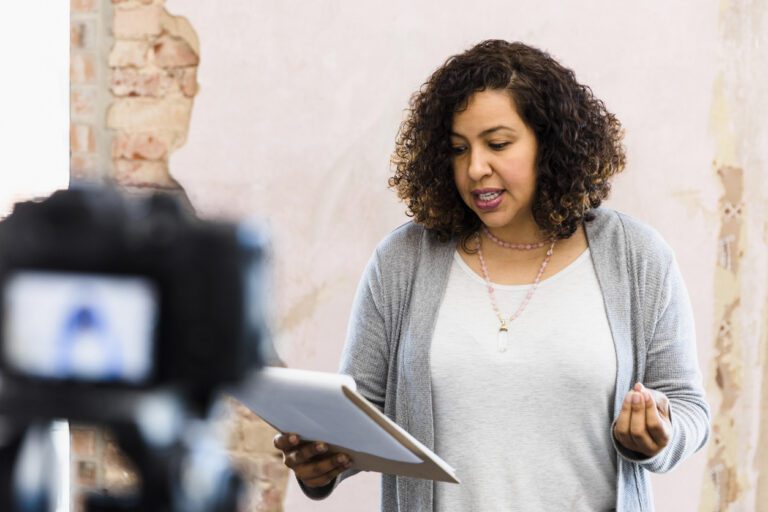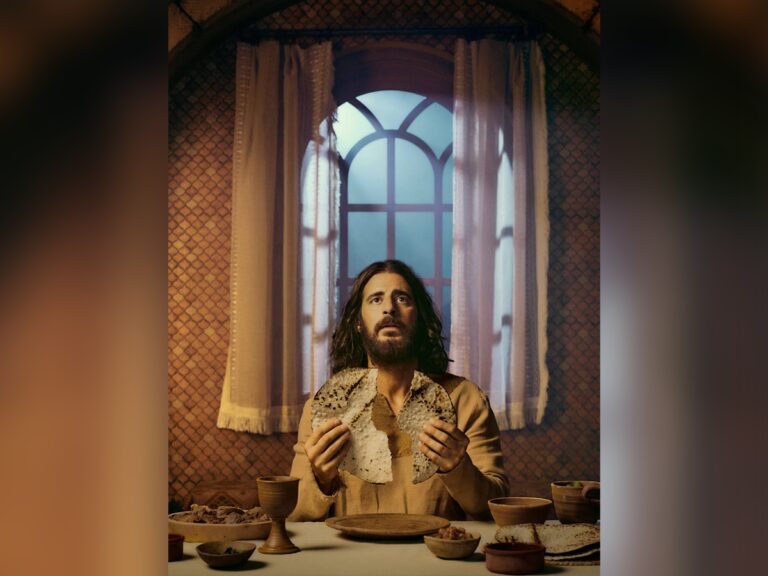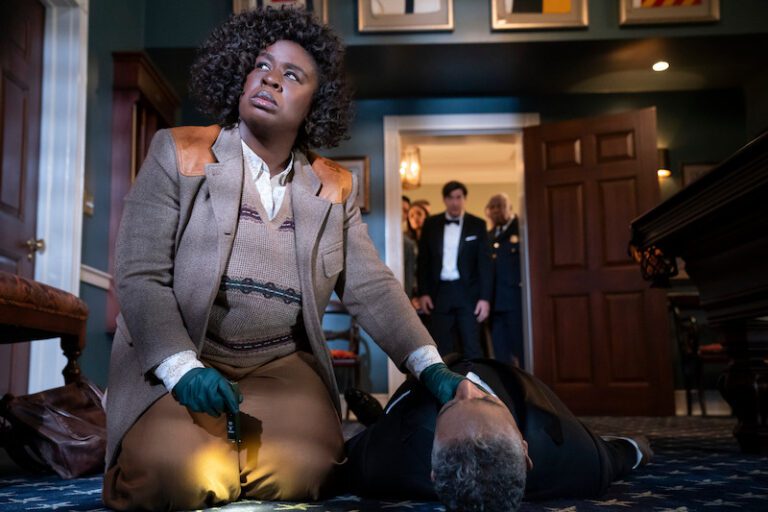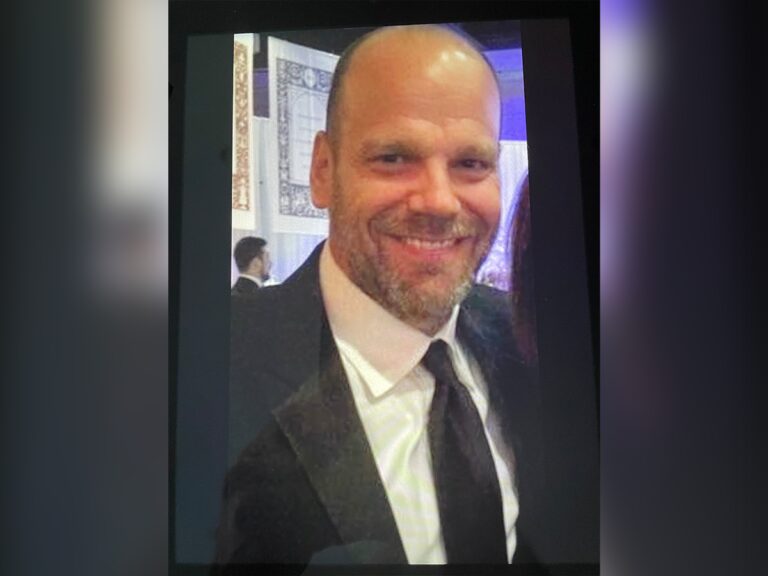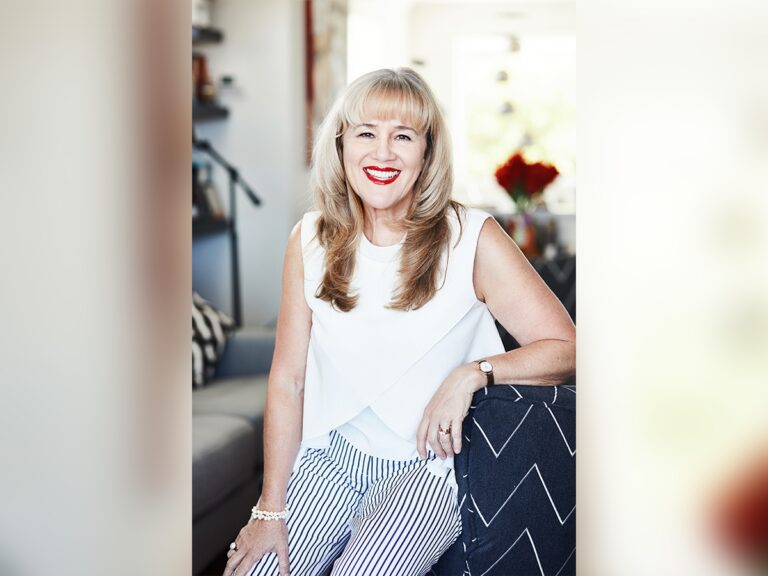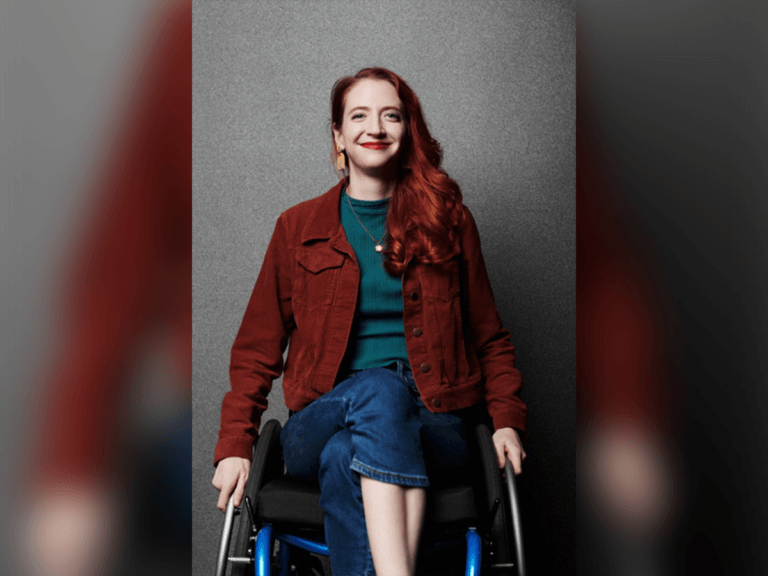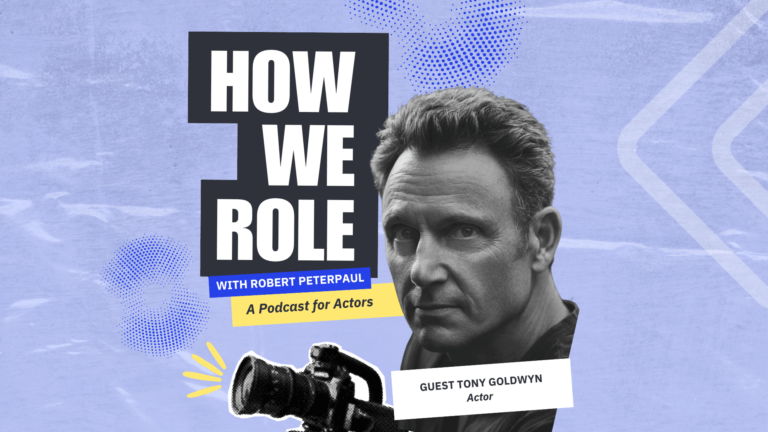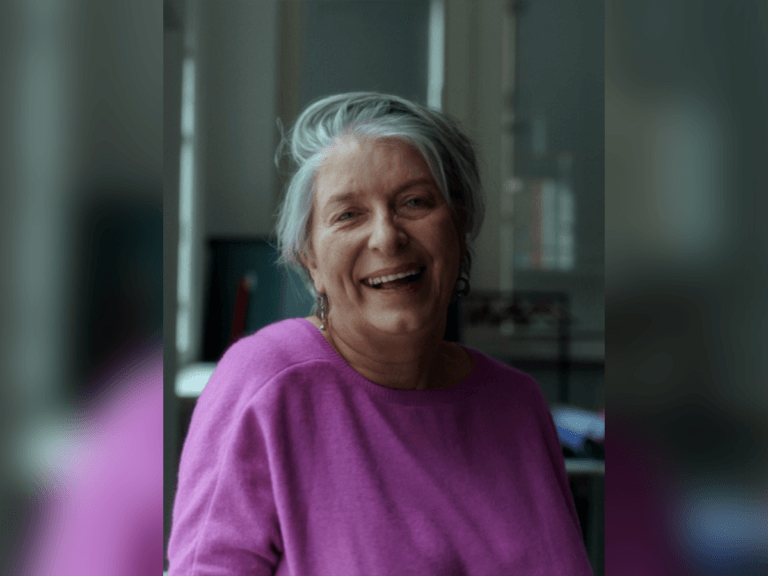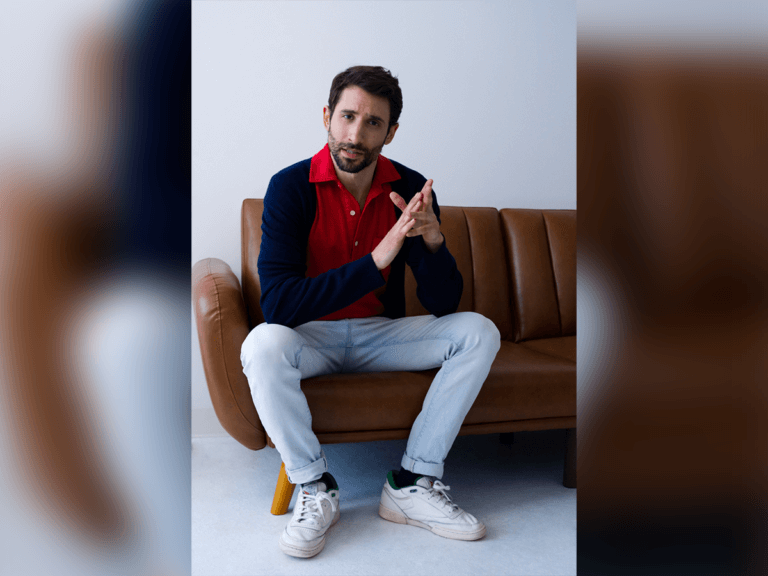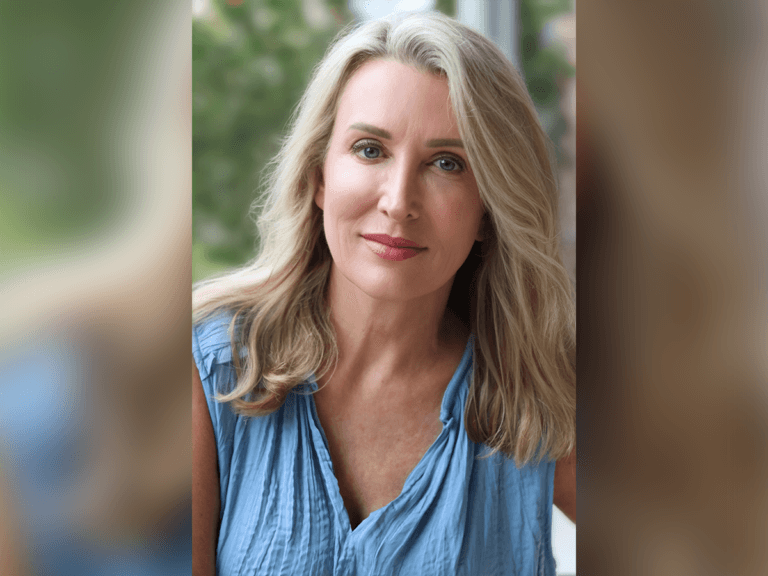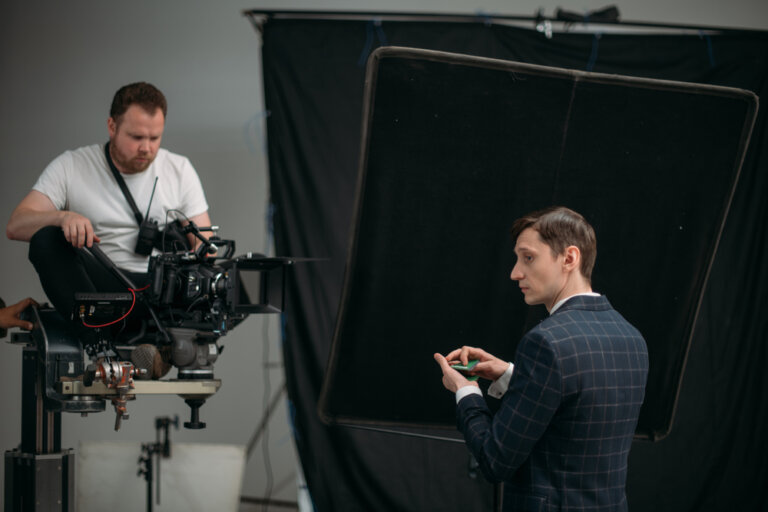Kharmel Cochrane is not shy about her affection for writer-director Alex Garland, the Oscar-nominated filmmaker behind Ex Machina, Men and Civil War. Cochrane cast Men for Garland, and the two got along so famously that he approached her for his upcoming film, Warfare.
The film is based on the experiences of former Navy SEAL Ray Mendoza, who co-wrote and co-directed the movie with Garland. Even Cochrane would admit it’s not the kind of film she would normally want to see. Still, her love of Garland — who she refers to as a mentor — was enough for her to read the script, which led to a fantastic experience she was excited to discuss. She talked to us about casting the new film from her London office.
Insights: Lessons from Kharmel Cochrane
- Cultivate relationships with directors for potential casting opportunities.
- Prepare for in-depth discussions with filmmakers instead of just auditions.
- Research and understand the real-life context of the characters you aim to portray.
Thinking about joining Casting Networks? Sign up for a free trial today!
I know you and Alex Garland have worked together before. How did you first collaborate?
This is the third time-ish. We did a TV pilot between Men and Warfare because we were doing a remake of Never Let Me Go. Alex wasn’t directly involved in my day-to-day, but I knew he was there.
I was thinking about this earlier. The whole thing came about when a producer I’d worked with texted me and said, “Oh, DNA Films, the production company, is asking for a reference on you.” My immediate thing was, “Well, I want a reference on them. Who are they to be asking about me?” (Laughs) They were making these inquiries before they’d even called me. I said, “Oh, well, I hope you said nice things.” He said he did, and then Allon Reich called and asked me to come in and meet with him and Alex.
I’d forgotten how much [Garland’s] novel The Beach meant to me. I was maybe 14 or 15 when it came out and I devoured it. I don’t think I knew that he had done that. There was a disconnect between those two worlds. He is so intelligent, and I remember sitting there reading the script. I emailed Allon and said, “I’m finding it hard to cast Men in my head because, to me, it feels like that guy is just like one homogenous lump.” And then they were like, “Oh, ding, ding, ding, you get it. “
What’s his casting process like?
I enjoy his casting process. It was not too dissimilar from Men to Warfare. We came up with these lists and then he’d meet actors and talk to them. There was no taping involved for those bigger parts, no auditions, just sitting down and having a conversation. He watches all their materials, he does his research and he just talks, and they talk with him. It’s so respectful and so trustworthy on both sides. You’re forming this relationship based on trust.
Do you sit in on these conversations?
No, never. Half of the film we cast out of LA without having a US casting director on board, which is unusual. I guess it’s becoming more commonplace in the stuff that I’m doing, in the same way that sometimes a US casting director is on board for something that shoots here.
The way that we’re doing things is changing, and that’s working in hand with the agents. That was me calling all the agents and saying, “This is what we’re doing. Who have you got that’s right?” We’d come up with these lists and then share them, and then Alex went to LA and set meetings. Then we’d do a little debrief after everyone and I’d do research. He’d want to know how their behavior was on the last film and if there was any negative or positive feedback.
Your role as a casting director is different this time around than what you’re normally used to. You’re more of a therapist slash researcher than a conductor of auditions.
Yeah, and I was speaking a lot more with Noah Sacco at A24. I don’t think I’ve ever spoken to the big dogs, but we were having conversations about, “Okay, well, now that we’ve got our guys, how are we going to pay for them? Because these are big, big movie stars, and we’ve got a teeny, tiny budget.” I guess it was more the business and art of casting, rather than physical casting.
How did Ray Mendoza factor into this?
Oh, I love Ray. We were just doing these Zooms where Ray would say, “Well, actually, this is what happened. This is what their physicality needs to be like. This person doesn’t look like they can hold a gun or do all the physicality for that long.”
It was just pure joy in terms of the process. It was not traumatic, [there were] no arguments, no throwing staplers at anyone’s heads. (Laughs) I think it’s a testament to DNA, as well. Every time I’ve worked with them, I’ve had a really pleasant experience. They just know how to how to do things.
What about the complexity of Ray casting essentially a version of himself?
I was so scared to send him anyone. I’ve never had it where someone is so close to the project. You’re sharing your work with them and then waiting to hear whether they’re going to do it or not.
It was his lived experience, but he had a really specific way of not glamorizing what went on or not. We needed someone who could address the complexities of his journey. Also, it’s not the kind of film that I would ever want to go and watch. They sent me the script just to see what I thought, and I barely breathed in reading it.
What about the responsibility of casting real people?
For me, it was a story. Whether they’re real people or not, I think it was just, who are these characters and what do they need to achieve? That was Ray telling us what the real guys were like and just going, “Oh, I know who’s a bit like that.” As long as it felt real, I guess, I never wanted to portray it like a Burberry shoot. (Laughs) It was also interesting because on set, I think they were offered counseling.
When you said it’s not the kind of film that you would watch and you cast it anyway, would you have cast it if it hadn’t been Alex or some other director you know well?
I think if it had been someone that I didn’t know, no, I don’t think I would have. I think I would have been confused as to why someone would send me that knowing the kind of work that I do.
There are so many films I think are amazing that I wouldn’t want to cast. I wouldn’t even know where to start. I think actually, that was the process with this.
I remember us doing a list, and I said, “Alex, I don’t even know who to put on this list, because I don’t think any of these guys look like they could be SEALs.” But I love learning. I felt safe like I could make these suggestions and it’s never wrong.
For me, it was a six-month life lesson, where you’re learning about things that you knew nothing about. I think it’s really important. In a world where at the moment, all we’re hearing is darkness and negativity and disaster, this process was an absolute joy. I do think of Alex as my mentor in times when things have been hard. He’s just the cleverest man. He really is. I think what I loved about this is that it made me feel something in a way that I haven’t before, and I really enjoy those experiences.
You may also like:
